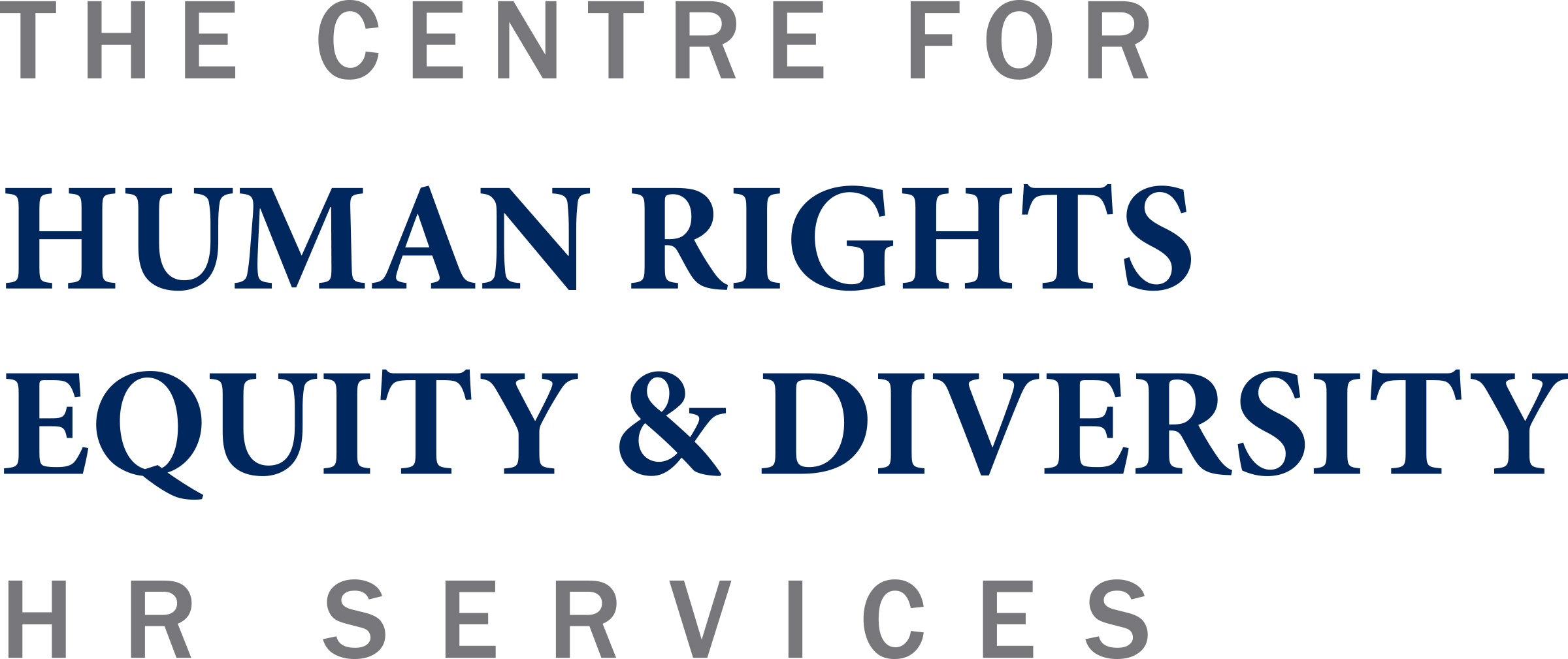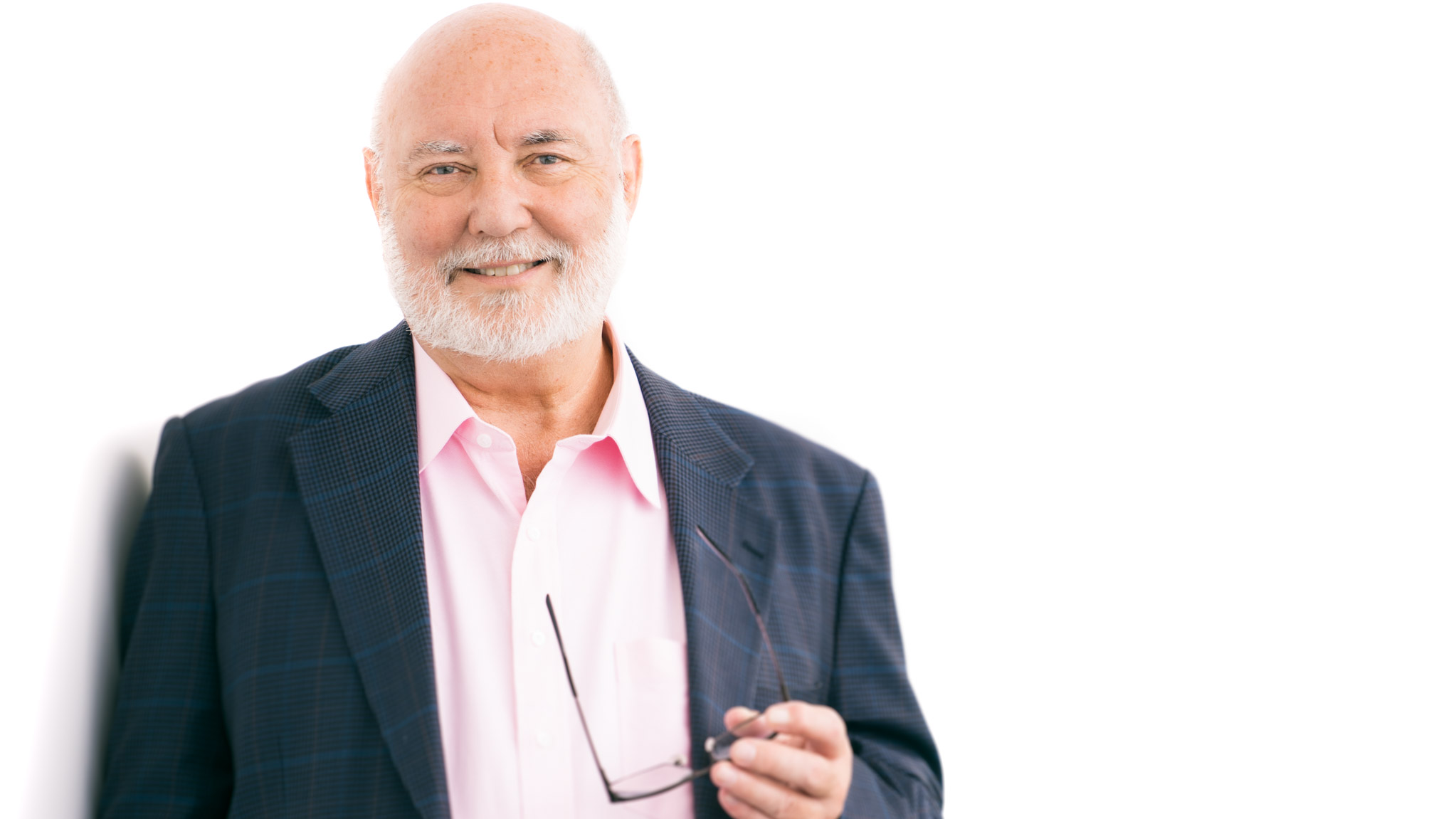Congratulations to Elinor Bray-Collins and Sara Hassan on being awarded the Humber 2020 Innovation of the Year Award for their project, "Map It to Win It - Adapting a Global Systems Thinking Competition to the Polytechnic Classroom."
In 2019-2020, Sara Hassan and Elinor Bray-Collins collaborated to bring the University of Oxford’s Map the System (MTS) competition to Humber. They successfully adapted this global systems-thinking challenge to a polytechnic setting by developing real-world skills and mindsets in their students, helping them become global citizens who lead and innovate. They invited guest speakers to their classrooms and designed authentic problem-finding assignments on social and environmental challenges. They facilitated an institution-wide MTS competition, with the winning team competing nationally and receiving the Audience Choice Award for their examination of the water crisis in Canada’s Indigenous communities. Due to Sara and Elinor’s creativity and commitment, Humber students were showcased on the national stage, making Humber one of the first Canadian polytechnics to participate in MTS, and creating a framework for future iterations of systems-thinking programming at Humber.
Thank you Elinor and Sara for your dedication to the student learning experience and commitment to developing career-ready citizens!





